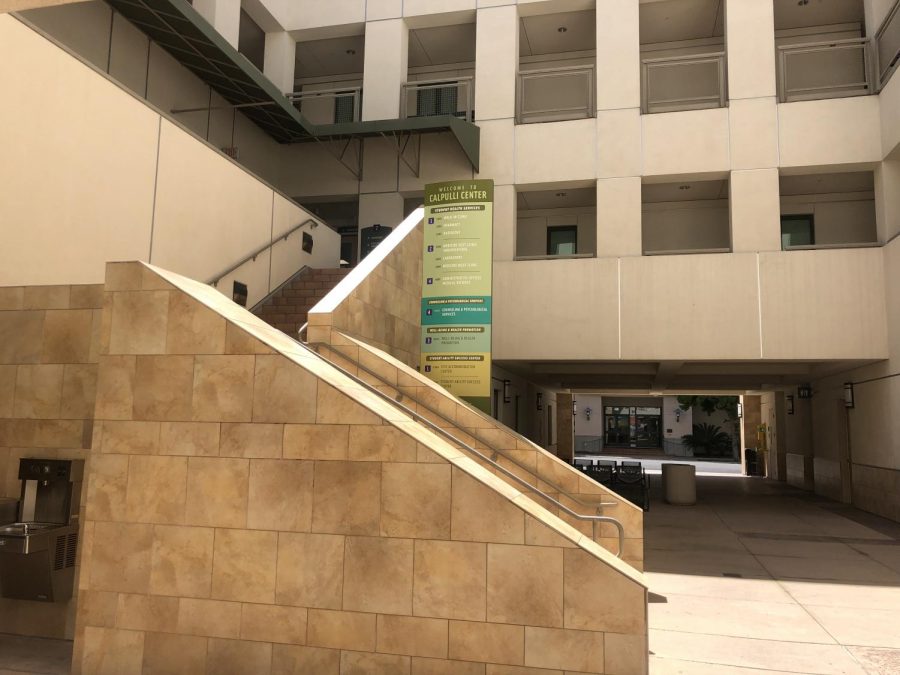During the past several years, the modern Black community has gone through an unbelievable amount of trauma and upset, but the peak of this was seen during the past 12 months with the raging resurgence of the Black Lives Matter movement.
The death of George Floyd signaled not only a turning point but a breaking point within the Black community which was seen by the months of civil unrest that followed. Cities were engulfed in flames, cop cars destroyed and streets packed with protestors during the middle of a global pandemic.
Though it was sweet to see the fight for justice unfold in front of our very eyes, it also came with a pain unimaginable to people outside of the community. Logging onto Instagram and clicking through posts of peers displaying videos of people of color getting beaten, stomped on, tear-gassed, and even warnings to be wary of the Ku Klux Klan in certain areas.
To be a person of color on Instagram during that period of time was hard. Personally, I took a few weeks off of everything to unplug and try to put my mind at ease. But it wasn’t that easy, I had recurring nightmares of me and my family being chased by the KKK and lived in constant anxiety every time I passed a truck on the highway that sported a Make America Great Again sticker on its bumper.
However, what made me feel a little better was knowing that there was no way I was the only person in America feeling like this.
During this time, I made it a point to be very vocal that there were mental health resources available to the Black community and to hone in on the point that mental health should be a priority at this time.
The sad fact is, the stigma against mental health in the Black community is extremely damaging. Trauma has a legacy, and for us, it dates all the way back to the early 17th century when native Africans were ripped from their homes and brought over to America in slave ships. For hundreds of years, our depression and anxiety were tossed off to the side and regarded as only being tired and weak. Reasons like this made it extremely hard for people of color to understand that what they were feeling wasn’t only a result of physical exhaustion, but mental exhaustion.
Slaves had to keep their senses heightened in fear of their master catching them taking a breather, claiming that they were slacking off only to later beat them and work them ten times harder. With the abolishment of slavery, this didn’t go away, both literally and figuratively, the white man has made it his point to breathe down our necks, any false move could result in the end of a career or in some cases the end of life.
So, we’ve kept quiet, overworking ourselves and being told that when we’re tired it should be no obstacle, to keep pushing even when we can’t because that’s what’s expected of us. These expectations have created a narrative within the community such that every Black woman has to be strong and independent, or that every Black man should take everything with stride and bear the weight of negativity on his shoulder.
They’re unrealistic, and the culture of trying to constantly reach and exceed those expectations is doing more harm than good.
Keeping quiet shouldn’t be the norm, therapy should.
And that starts with knowing what resources are available.
During the peak of the Black Lives Matter protests, dozens of Black therapists made themselves readily available and even offered free one-hour sessions and some still are.
The Black Emotional and Mental Health (BEAM) Collective offers a mobile crisis unit and 24-hour hotline designed to support the Black community with virtual mental health services as an alternative to calling 911.
If that doesn’t meet your specific need, the Carrd website for Black Mental Health Matters houses a plethora of links to various websites for organizations that specialize in mental health within the Black community. Some of the most notable links on the website are those for LGBTQ+ Psychologists of Color, Black Girl in Om, and Therapy for Black Men.
I spoke to Devon Berkheiser of the Counseling and Psychological Services Outreach team about what resources the school has available for Black students. “We have therapists who are available via the Black Resource Center (BRC) for drop-in consultations…those are currently virtual via Zoom,” he said.
Berkheiser also gave information about the Wxmen of Color Empowerment group, which he described as, “a confidential, safe space for womxn of color to receive and provide support” in a number of areas such as developing healthy relationships, navigating the stresses of school and exploring sexual and gender identities.
For traumatic experiences and anxiety, Berkheiser said some therapists offer EMDR therapy specifically designed to treat traumatic experiences as well as biofeedback, described as “a noninvasive, computer-based program that teaches how to more effectively manage the body’s response to stress/anxiety.”
There are also resources accessible to all students, if you’re experiencing mental health trouble you can feel free to call their office and schedule a phone consultation where they will listen to your struggles and match you with an option that is best fit for you.
As a note to the Black community, please take care of yourselves.
It’s been a hard year, but reaching out for help will not now or ever make you weak.
Unplugging and taking a step away from social media does not mean you are turning your back on the cause or avoiding talking about what’s going on, these events are traumatic and should be treated as such.
You are not crazy for being depressed or anxious and there are undoubtedly thousands of people most likely going through the same thing you are.
It’s okay to not be okay.










